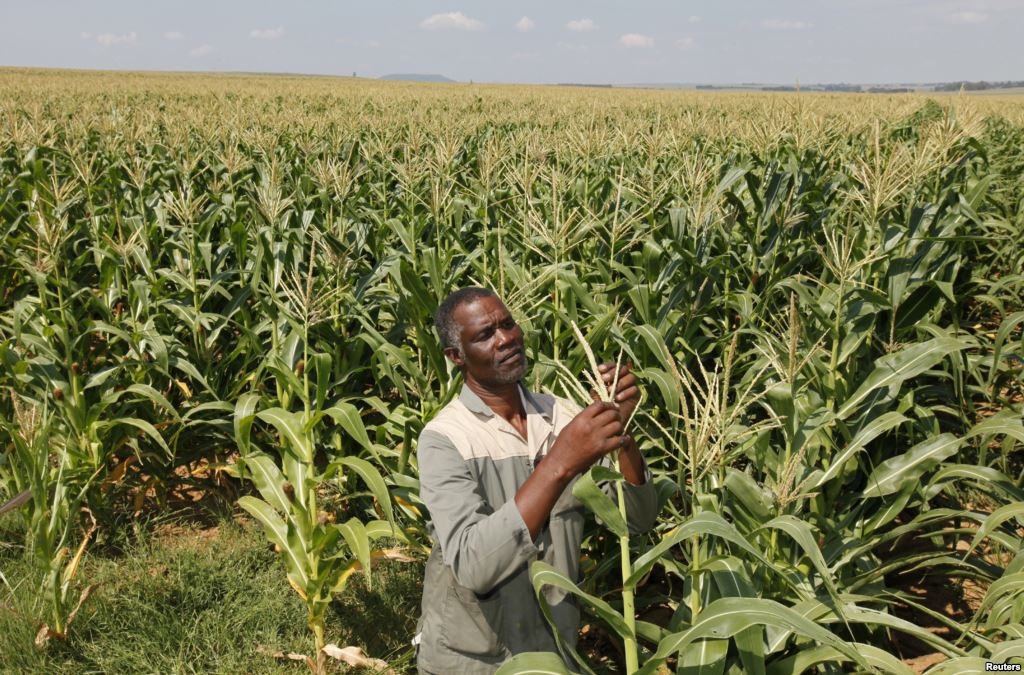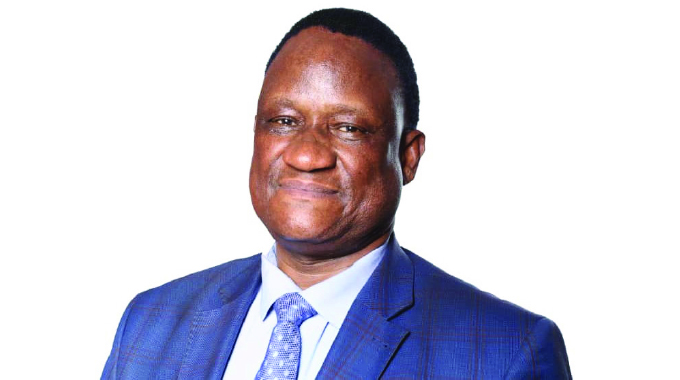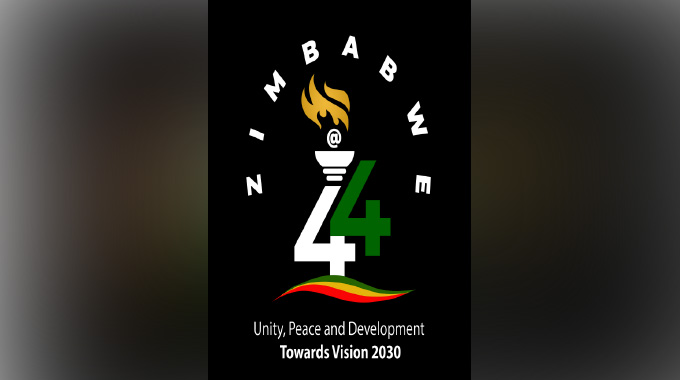In defence of the United States of Africa


Khumbulani Malinga
In 1924 Marcus Mosiah Garvey, Jr a Jamaican Political Leader and Orator wrote a poem titled; Hail United States of Africa:
Hail! United States of Africa-free!
Hail! Motherland most bright, divinely fair!
State in perfect sisterhood united,
Born of truth; mighty thou shalt ever be.His words captured the hearts of the Fathers of Pan Africanism to give birth to the Pan Africanist Movement which in 1945 held its fifth Pan Africanist Congress in Manchester, United Kingdom which was attended by Patrice Lumumba, Mzee Jomo Kenyatta, Kwame Osagyefo Nkrumah, W. E. Dubois amongst other notable names.
The Congress discussed Garvey’s “Prophecy” of a Free United States of Africa.
Kwame Nkrumah and Empire Haile Selassie took the fiery vision and tabled it to the gathering of the Organisation of African Unity.
In three African Union Summits held in 2000 in Lome, Togo, 2007 in Conakry, Guinea and 2009 in Addis Ababa, Ethiopia former Libyan Leader Muammar Al-Gaddafi passionately revived and advanced the Prophecy of Marcus Garvey of the creation of a United States of Africa, shredding the African Union as a failure and proposing that only a true strong Pan-African state can restore and safeguard political stability in Africa and locate the new state as an economic power base. His oratory echoed the words of Mwalimu Julius Nyerere who some years ago said the Organisation of African Unity was nothing more than a trade union of African heads of state.
A number of senior African leaders supported the idea.
Our very own liberation hero President Robert Mugabe was quoted by the media after meeting Thomas Boni Yayi of the Benin Republic in 2013 saying, “Yes, we need a president for Africa.”
91 years on since Marcus Garvey prophesied, the million dollar question is: Where is the African state?
This article seeks to look into the barriers that were an impediment towards achievement of this vision and to provide clear steps that can be implemented leading to the attainment of a “free” United States of Africa.
Structure
The proposed structure of the Union of Africa has been one of the major setbacks towards the realization of the dream. There is a school of thought led by the late “king of kings” former Libyan Leader Muammar Al-Gaddafi and other Pan African poets and writers that Africa should be one huge country with federal states that report to a central government.
This ideal is a noble conception bearing into cognizance that Africa has a common language among Bantu peoples. For example the word ‘mama’ is shared amongst most languages from East, West to South Africa.
The historical Bantu migration and Africa connection and belief in muti is a pinnacle of common religious harmony across Africa.
At this point we should consider the historical pre-colonial Africa state that was ruled by ancient kings and dynasties was the same across Africa. The Pharoahs of Egypt had their wise men and magicians who were the equivalent if izangoma le zanuse in Southern Africa.
This builds a case in support of a One African government.
However there is a contrary school of thought led by the former president of South Africa and Pan Africanist Thabo Mbeki that says Africa should first strengthen its member states’ socio-political and economic well being before integrating into a United States of Africa. This is a group of African statesmen and academics and poets who do not want to commit themselves in anything that may seem to encroach on the sovereignty of their countries.
This group’s idea is justified in the sense that the current crop of Africa leaders is mixed with those who were in the forefront of the creation of regional blocs.
Economy
There is a concern by some African quarters over the African dream based on the different economic status of African states. The two economic power houses Nigeria and South Africa are giants compared to the economic debris in Somalia and the tangible poverty in Swaziland.
If Africa is integrated there is bound to be contestation of resources and domineering based on the economic status of the countries.
Some scholars like George B. N. Ayittey argue that Libyan leader Gadaffi was boastful with his ill gotten wealth and pushed for urgent unity for Africa so that he may rule the roost.
Nigeria spent $89 million during the creation of the Obasanjo Space Centre in 2007 whilst Swaziland owes about 70 billion rand to the IMF. Suppose the United States of Africa is achieved today who will inherit and have the obligation to pay Swaziland’s debt? This shows the economic disparity between Africa member states and is bound to cause unprecedented friction between the member states.
Colonial Inheritance
The post-colonial era in Africa is marked by a major identity crisis in. The major colonial powers mainly Britain, Portugal and France left a hunger in its former colonies to be like their erstwhile colonizers.
Africa is divided into Francophone and Anglophone speaking countries and some Portuguese speaking states like Mozambique.
Most of the former colonies have maintained cordial relations with their former colonizers. Some African states depend on the backing of their former colonizers when applying for loans at IMF and World Bank and during discussions at high powered levels like the United Nations Security Council.
There is undeclared competition over the control of Africa even today by the Western and Eastern Europe and China has now joined the race. France and the United Kingdom have been very conspicuous with their cultural exchange programs and scholarships whilst China has been prominent with its investment policy in African states.
Because of this complexity connection with former colonizers it is highly unlikely that the Francophone and Anglophone African speaking states can harmoniously unite under a United States of Africa easily.
Way Forward
Ayittey further argues that the concept of a united Africa is visionary and imperative for the long-term prosperity of Africa.
Africa is weakened and incapacitated by its artificial boundaries when it comes to negotiating with the united blocs like the European Union and the United States of America and Australia.
The first step towards achieving a united free Africa is for the vision to be led by a democratic leader who is untainted. Muammar Gaddafi ruled or misruled Libya with an iron fist. He dined with western capitals who feigned friendship and love for him and flaunted his wealth in public dishing out camels to African states hoping to use his golden robes towards the throne of the King of Kings in the United States of Africa.
In short Gaddafi lived in international and regional isolation.
The democratic leader(s) must seek buy in of all member states in African Union towards the achievement of the dream.
The second step is for the regional blocs the East Africa Community (EAC), Economic Community of West African States (ECOWAS), Southern Africa Development Community (SADC), Common Market for Eastern and Southern Africa (COMESA) amongst others to consolidate themselves. The Free Trade Area Treaty signed in 2008 must be fully implemented. Africa must steadily build its economic powerbase. The Abuja Treaty of 1991 that gave birth to the Project Afro a one Africa currency must be achieved. Africa must strengthen its Africa Monetary Union.
The economically powerful Africa must have modalities of assisting its member states to repay the debts they owe to IMF, World Bank and other Western Bilateral debts.
The third step of an economically powerful Africa is to convene a special or extraordinary session of the African Union heads of state summit to adopt a resolution of the creation of the United States of Africa. The summit must also discuss the manner in which polity can be organized. There are three options that the heads of state should consider:
1. The unitary system, in which all important decisions are centralized at the capital city—as in the European model.
2. The federal system, in which decision-making is decentralized but the centre is still powerful—as in the American model.
3. The confederal system, in which there is much greater decentralization of power and decision-making, and the constituent states have more power than does the center. This is the indigenous African model, and the present day equivalent is the Swiss canton system.
The resolution must also strengthen the Pan African Parliament as a real representative body that makes binding laws that are legally enforceable in the member states.
The member states must then adopt and domesticate the resolutions in their respective countries and start the process of preparing for elections of the new polity as defined by the guidelines of the African Union resolution.
There is an African proverb that says: If you want to go quickly, go alone. If you want to go far, go together. It is the humble submissions of this writer that A United African states will see the development of Africa in a far much better degree than the status quo.
Prince Khumbulani Malinga is a Pan African Activist based in Bulawayo. He can be contacted at: [email protected]/ 0774 208 375









Comments